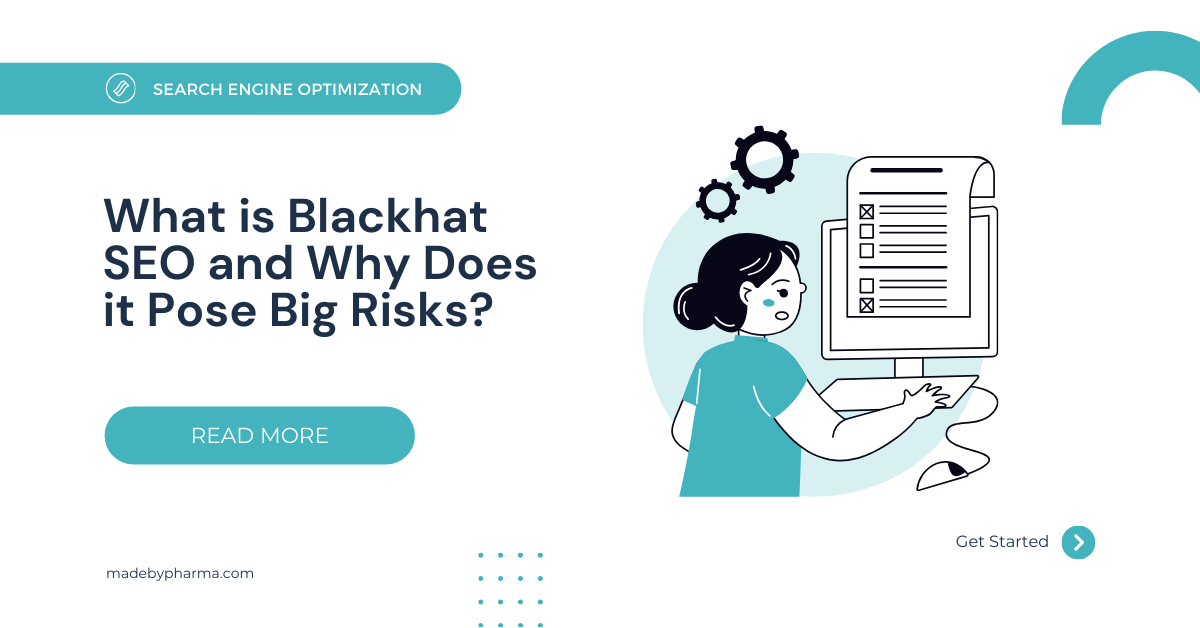
Advanced Tactics for Mitigating Blackhat SEO Risks
In the competitive landscape of digital marketing, search engine optimization (SEO) plays a crucial role in driving organic traffic and improving website visibility. However, the pursuit of higher rankings can lead to the adoption of unethical and risky SEO practices known as blackhat SEO. These tactics violate search engine guidelines and can result in severe penalties, including website deindexing and significant damage to online reputation.
To effectively mitigate blackhat SEO risks and maintain website integrity, it is essential to employ advanced tactics that proactively protect against malicious attacks and dubious optimization techniques. Here are several advanced tactics to consider:
1. Conduct Regular Website Audits:
Regularly auditing your website for potential vulnerabilities and blackhat SEO techniques is paramount. Utilize automated tools and manual inspections to identify suspicious links, hidden content, and any unauthorized changes made to your website. These audits help you detect and address problems early on, minimizing the potential for penalties.
2. Implement Robust Security Measures:
Blackhat SEO attacks often involve exploiting website vulnerabilities to gain unauthorized access or inject malicious code. Implementing strong security measures, such as SSL encryption, website firewalls, and regular software updates, can prevent unauthorized entry and protect your website from compromise.
3. Monitor Backlink Profiles:
Unnatural or spammy backlinks can significantly harm your website’s ranking and reputation. Regularly monitor your backlink profile using tools like Google Search Console and Ahrefs to identify suspicious or low-quality links. Contact website owners to request the removal of harmful links and disavow links that you cannot remove.
4. Use Google Disavow Tool:
If you are unable to remove spammy backlinks, you can use Google’s Disavow Tool to inform Google that you do not endorse those links and that they should not be considered in your ranking. This tool helps protect your website from the negative impact of harmful backlinks.
5. Employ Canonical Tags:
Duplicate content can confuse search engines and potentially lead to penalties. By implementing canonical tags, you can specify the preferred version of a page, preventing duplicate content issues and ensuring that the correct version is indexed by search engines.
6. Focus on User Experience:
Blackhat SEO techniques often prioritize ranking over user experience. However, search engines increasingly emphasize user signals, such as bounce rates, dwell time, and engagement metrics. Focus on creating high-quality content, improving website navigation, and enhancing overall user experience to avoid penalties and improve your website’s organic performance.
7. Stay Up-to-Date with SEO Guidelines:
Search engine guidelines evolve regularly to combat blackhat SEO practices. It is essential to stay informed about the latest updates and ensure that your SEO strategies align with these guidelines. Regularly consult reputable sources, such as Google’s Webmaster Guidelines, to stay compliant and avoid penalties.
8. Collaborate with Whitehat SEO Experts:
Partnering with experienced whitehat SEO professionals can provide valuable insights and help you develop ethical and sustainable optimization strategies. These experts can conduct thorough website audits, implement security measures, and provide ongoing guidance to ensure your website remains compliant and protected from blackhat SEO risks.
Conclusion:
Mitigating blackhat SEO risks is crucial for preserving website integrity and maintaining a positive online reputation. By employing advanced tactics such as regular website audits, robust security measures, backlink monitoring, and a focus on user experience, businesses can effectively counter malicious attacks and protect their websites from penalties. Additionally, staying up-to-date with SEO guidelines and collaborating with whitehat SEO experts ensures that optimization strategies align with ethical practices and avoid the pitfalls of blackhat SEO. By implementing these advanced tactics, businesses can safeguard their online presence and achieve sustainable growth through legitimate SEO techniques.


